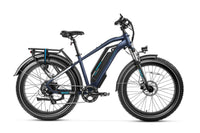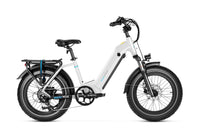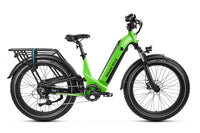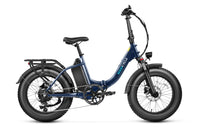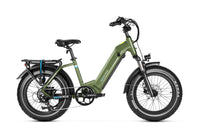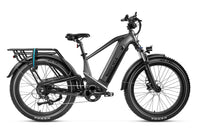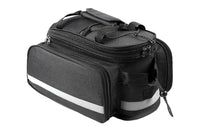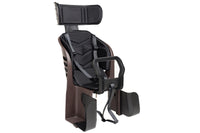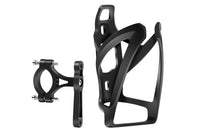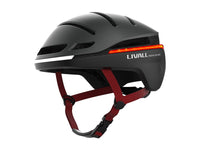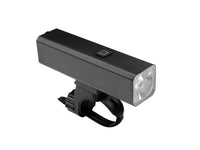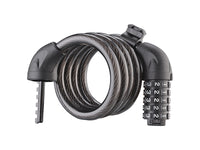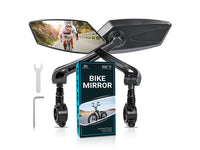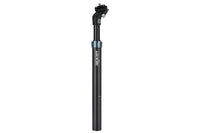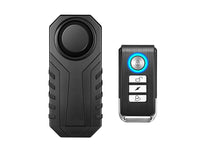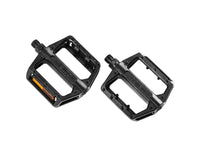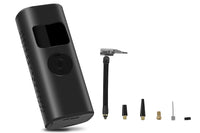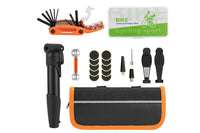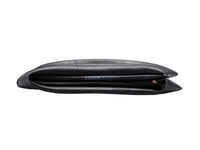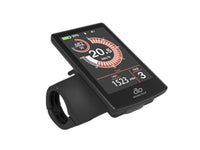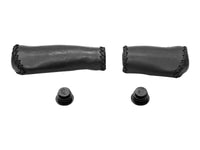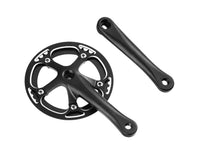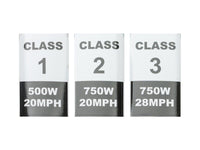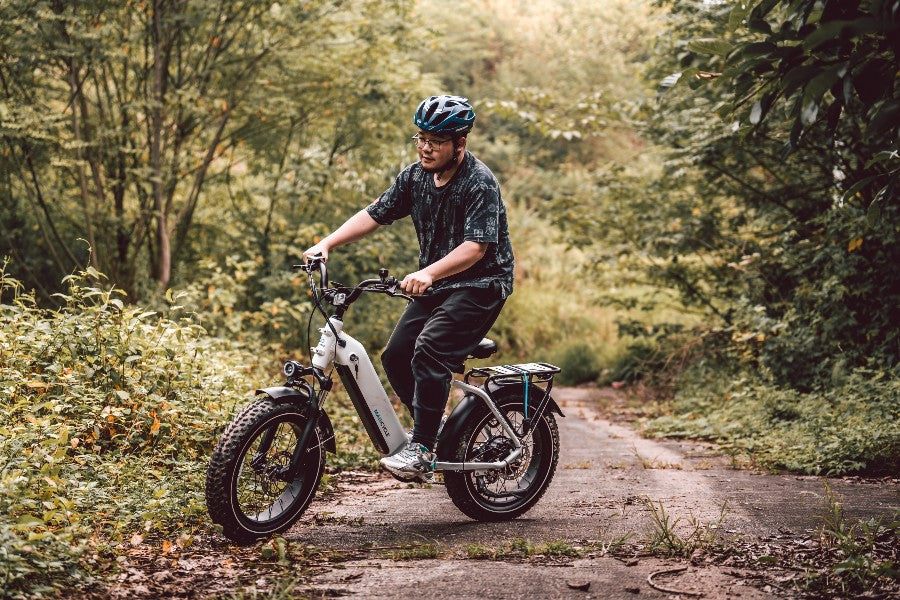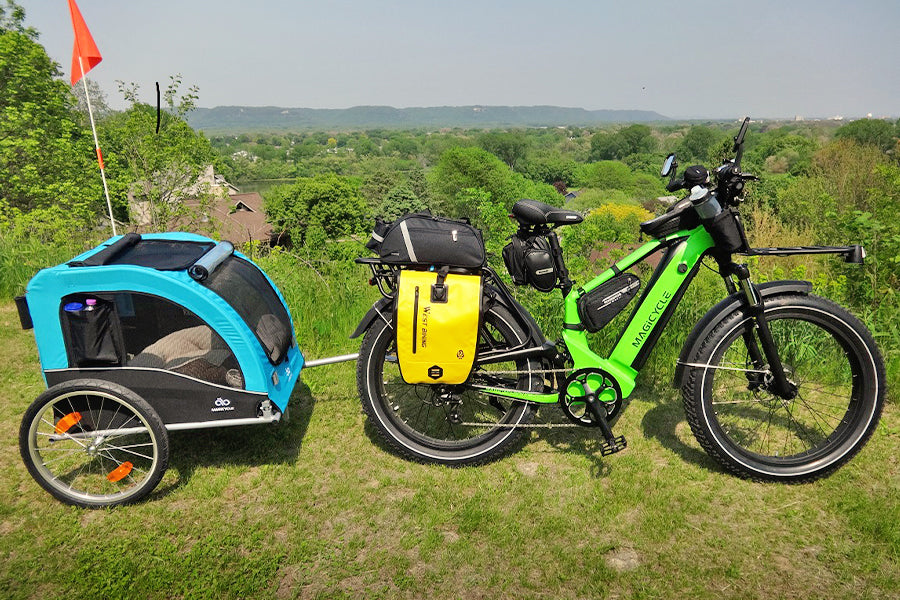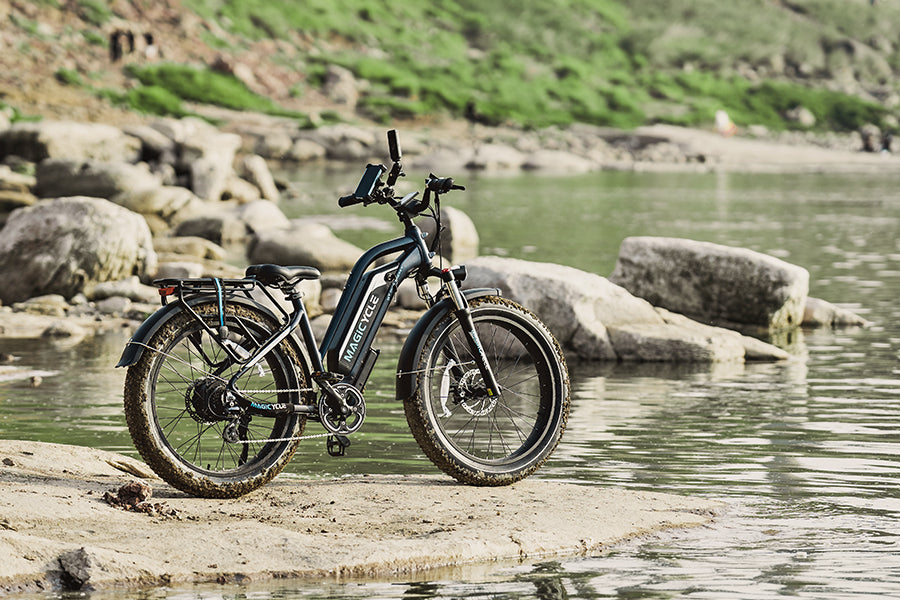 March 04,2025
March 04,2025
 March 04,2025
March 04,2025
As the popularity of electric bikes continues to soar, it becomes increasingly important to stay up-to-date with the latest regulations surrounding their use. With environmental sustainability and efficient transportation at the forefront of societal concerns, electric bikes offer a practical and eco-friendly solution for commuters and outdoor enthusiasts alike. In Canada, where the demand for electric bikes has surged in recent years, the government has implemented regulations to ensure the safe and responsible use of these vehicles. In this blog post, we will delve into the latest regulations for electric bikes in Canada, while highlighting the innovations and offerings of Magicycle, a leading electric bike manufacturer.
Understanding Electric Bikes
Electric bikes, commonly known as e-bikes, are bicycles equipped with an electric motor that assists the rider's pedaling effort. The motor provides an extra boost, making it easier to climb hills and travel longer distances. They come in various styles, ranging from city commuters to off-road mountain bikes, catering to different preferences and needs.
Classifying Electric Bikes
To regulate the use of electric bikes, Canada has established specific classes based on their power output and speed capabilities:
Class 1: Pedal-assist e-bikes: These e-bikes have a motor that only operates when the rider is pedaling. The motor assistance ceases when the bike reaches a speed of 32 km/h (20 mph).
Class 2: Throttle-controlled e-bikes: These e-bikes can be propelled solely by the electric motor without any pedaling. They also have a maximum speed of 32 km/h (20 mph).
Class 3: Speed pedal-assist e-bikes: Similar to Class 1 e-bikes, these have a motor that provides assistance only when the rider pedals. However, the motor assistance can continue up to a speed of 45 km/h (28 mph).
Latest Regulations for Electric Bikes in Canada
The regulations surrounding electric bikes in Canada are determined at the provincial and territorial levels. While there may be some slight variations between provinces, certain commonalities exist:
Age Restrictions: Generally, there is no minimum age requirement for riding an electric bike. However, certain provinces may have restrictions for younger riders, such as requiring riders under a certain age to wear a helmet.
Power and Speed Limitations: The power output of the motor and the maximum speed limit determine the classification of an electric bike. Class 1 and Class 2 e-bikes are more widely accepted and permitted, while Class 3 e-bikes may have additional restrictions or requirements.
Helmets: Wearing a helmet is highly recommended and, in some provinces, mandatory for riders of all ages when operating an electric bike.
Bike Path and Road Usage: Electric bikes are generally allowed on bike paths, trails, and roads, but it is crucial to understand local regulations. Some provinces may have specific rules regarding where electric bikes can be ridden, especially with regards to shared pedestrian spaces.
When it comes to reliable and high-quality electric bikes in Canada, Magicycle stands out as a leading manufacturer. They are committed to providing innovative and sustainable solutions for urban mobility and outdoor adventures. With a wide range of e-bikes designed for different terrains and lifestyles, Magicycle offers exceptional performance, durability, and cutting-edge features.
Magicycle's commitment to safety is reflected in their compliance with Canadian regulations. Their electric bikes adhere to the specific power and speed limitations established for each class, ensuring that riders can enjoy their bikes legally and responsibly.
As the electric bike industry continues to evolve, it is essential for riders to stay informed about the latest regulations in Canada.


















































